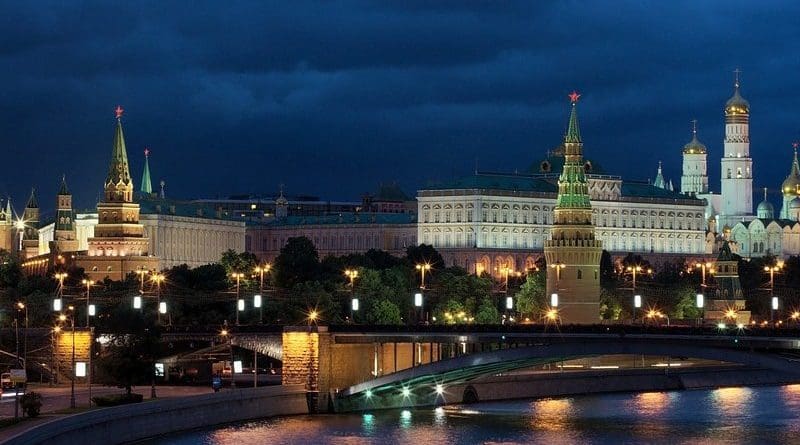Kremlin’s Efforts To Blame Economic Problems Exclusively On Pandemic Drawing Fire – OpEd
By Paul Goble
The Kremlin and its allies have argued for more than a year that the economic problems Russia is facing are almost exclusively the result of the pandemic. But now, ever more experts are suggesting that the pandemic isn’t the only or even primary cause and that decisions by the Putin regime are instead responsible.
This reversal of fortune comes in response to record inflation in May, a development that some Russians fear may lead to a revival of the kind they suffered from during the wild 1990s (finanz.ru/novosti/lichnyye-finansy/rosstat-zafiksiroval-novy-rekord-inflyacii-v-rossii-1030500786 and profile.ru/economy/postvirusnyj-sindrom-vysokih-cen-vernetsya-li-v-rossiju-inflyaciya-90-h-874980/).
A panel discussion by Russian experts at the St. Petersburg International Economic Forum said the current upsurge in inflation as well as other economic problems in Russia should not be blamed on the pandemic to the exclusion of other causes. And one of the main ones of these is “distrust in the authorities” (nakanune.ru/articles/117055/).
Kseniya Yudayeva of the Russian Central Bank suggested that Russia had adapted to the covid restrictions and that a combination of high demand and breakdowns in the supply chains are today “the two main factors” behind the upsurge in inflation in Russia’s consumer sector. The explosive demand was to be expected, Oleg Vyugin of the Moscow Bourse adds.
Vladimir Mau, the rector of the Russian Academy of Economics and State Service, argues that a much bigger problem now in Russia than inflation is stagflation, in which prices are rising while the economy fails to grow, a problem that the world encountered once before in the 1970s.
Ruben Yenikolopov, the rector of the Russian School of Economics, points out that the pandemic hasn’t been accompanied by inflation everywhere. It is high in places like Russia where trust in the authorities and the independence of the central banks is quite low. If Russians trusted their rulers, they would behave differently and inflation would be less.
In the decade before the pandemic, people had gotten used to low levels of inflation which were in many cases the product of the expansion of globalization, Yudayeva says. Not, as countries have pulled back into themselves, that limiting factor has been reduced or even disappeared and so inflation is again a problem.
What this means, of course, is that deglobalization which the Russian authorities have welcomed is playing on the country an evil joke. Yes, Russia is more isolated from the rest of the world in ways that the Kremlin wants; but the price of that is rising prices at home, something it doesn’t want lest these have political consequences.
Russia’s other problems, including its reliance on too few sectors and radical inequality of incomes and wealth, also play a role, the experts say. But these too are the results of government policy rather than some hidden hand of market forces or the impact of the coronavirus.

